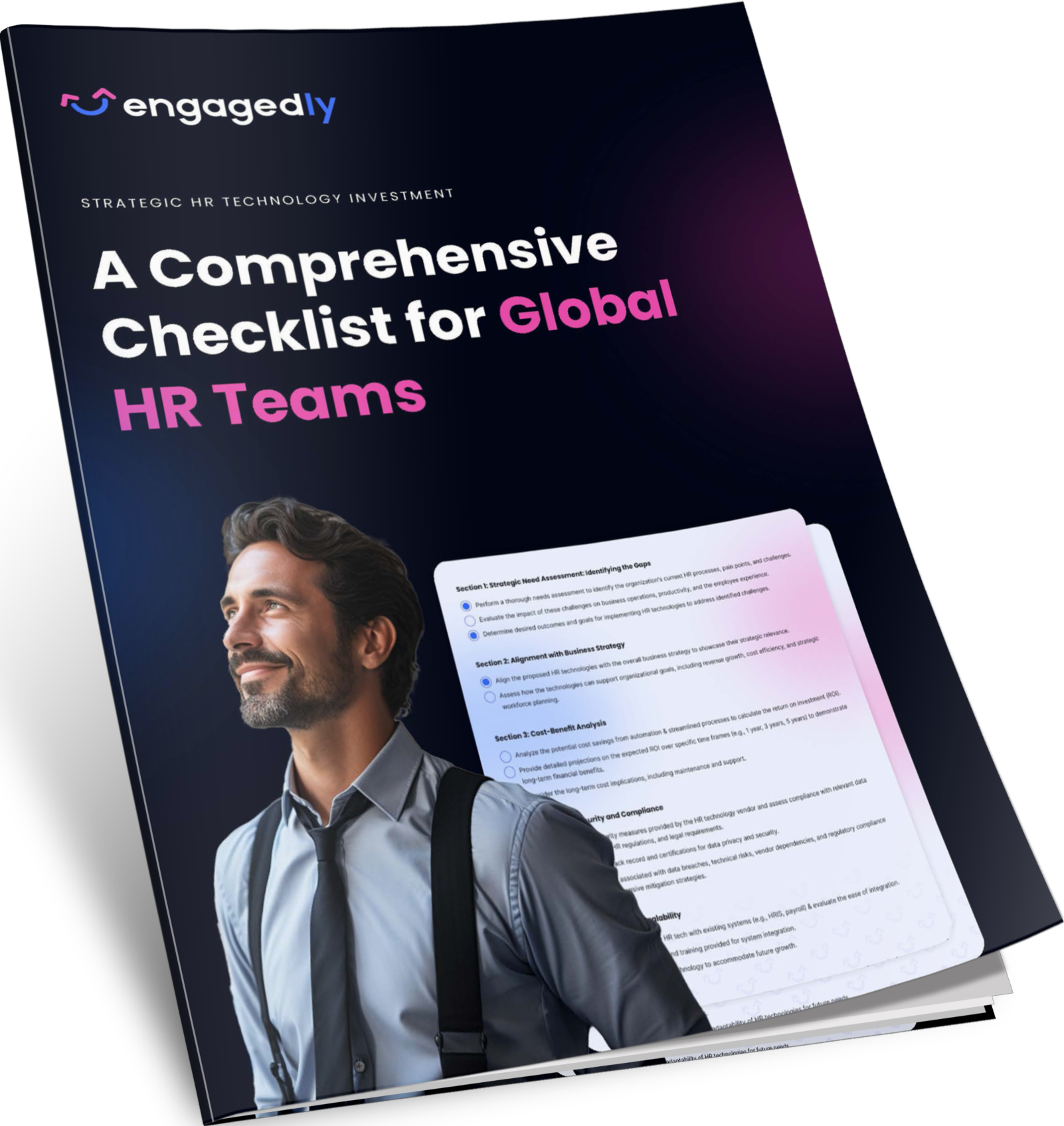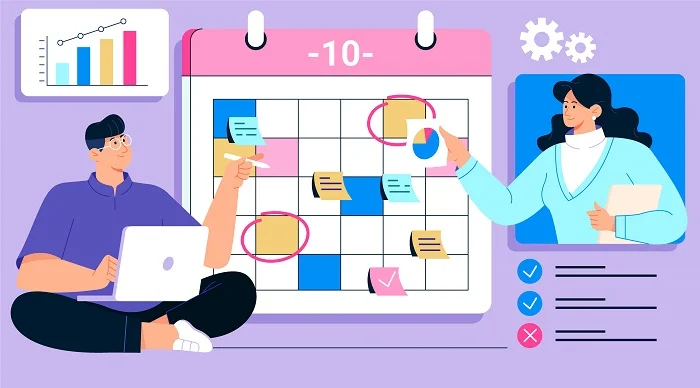Frequent feedback, recognition and effective communication are some of the major components of employee engagement, but it can be tough to strike the right balance.
Sometimes having frequent check-ins might seem like a waste of everyone’s time because of lack of sufficient room for progress since the previous meetings. You also have to be mindful of letting too much time pass between check-ins, because you’ll miss the opportunity for time-sensitive discussions, feedback and face-to-face recognition – You don’t want to give recognition or feedback in March about activities that occurred in January.
Getting it exactly right and tailored to your team and workflows is a bit of an art and a science, but here are several best practices that you can follow to help maximize your time and effectiveness by keeping your check-ins efficient and productive.
Clearly Define the Purpose
Managers and employees should be on the same page about the purpose of the meeting. Is it a status update? Is it to review progress towards goals? Is it to give feedback and recognition on a recurring task? Is it to discuss timely challenges and roadblocks? Ensuring that you’re aligned will keep the overall meeting on track and make clear dilineations between what should be raised and what should be held for another forum.
Schedule Them Regularly
When it’s not clear when or how often the meetings will be held, it can create pressure to jam too many topics and discussion points into one session. Establishing a cadence for the meetings will prevent this. Employees won’t feel rushed to give, for example, updates earlier than needed if they know that there’ll be a more timely chance to do so. Engagedly’s software makes this easy with automatic reminders through scheduled email alerts.
Set an Agenda
All participants should know, in advance of the meeting, what they’ll be discussing. This will help them prepare the most relevant materials, content, or questions and allow them to avoid spending time thinking on the spot – or forgetting what they needed to say and having to follow-up.
Record Minutes
By keeping a track-record of key actions and insights that come from meetings, you’ll save time re-discussing the same decisions or challenges over and over again. You won’t have to wonder what you talked about “last time” because it’ll be clearly documented, and you can avoid follow-up clarification questions on what was discussed and decided.
Provide a Recap
At the end of the meeting, it can be helpful to quickly summarize the key takeaways any action items, and confirm the shared agreement. If there was a misunderstanding or mistake, it’s optimal to clarify it face-to-face, instead of after you’ve already documented and published the meeting minutes.
At the end of the day, check-ins can be an excellent chance to connect with your employees on a 1:1 basis, build a deeper relationship and make significant progress on goals. Take full advantage of the opportunity by crafting them for maximum engagement and effectiveness.
Do you want to know how Engagedly can help you with frequent and effective check-in meetings? Request a personalized demo and talk to our experts!
Request A Demo
Get In Touch With Us
Author
Srikant Chellappa
CEO & Co-Founder of Engagedly
Srikant Chellappa is the Co-Founder and CEO at Engagedly and is a passionate entrepreneur and people leader. He is an author, producer/director of 6 feature films, a music album with his band Manchester Underground, and is the host of The People Strategy Leaders Podcast. He is currently working on his next book, Ikigai at the Workplace, which is slated for release in the fall of 2024.






